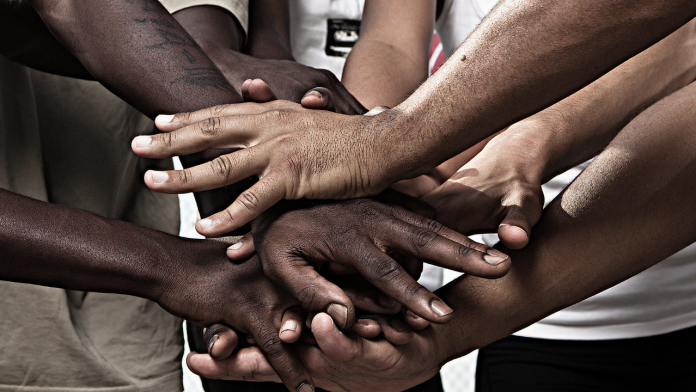Introduction
The European Union (EU) is a unique political and economic union comprising 27 member countries, primarily located in Europe. This article delves into the fascinating world of the European Union, exploring its history, institutions, policies, and its role on the global stage.
Historical Background
The European Union, originally known as the European Communities, was established after World War II to foster economic cooperation and prevent further conflicts. Its roots can be traced back to the European Coal and Steel Community (ECSC) and the European Economic Community (EEC), both founded in the 1950s. Over the years, the EU expanded, adding new member states and enhancing its powers.
The Importance of the European Union
The EU plays a significant role in the world economy. It has established the Euro as a common currency in 19 of its member countries, making it one of the most important currencies globally. Additionally, the EU is known for its stringent environmental standards, promoting sustainability and reducing carbon emissions. Its global influence extends to areas such as trade, climate change, and human rights.
Member Countries
The EU has 27 member countries, each enjoying a range of benefits. These benefits include access to the single market, political stability, and cooperation on various policies, from security to environmental protection.
EU Institutions
The EU is governed by several key institutions, including the European Commission, which acts as the executive branch, proposing and implementing policies. The European Parliament, directly elected by EU citizens, plays a crucial role in shaping legislation. The European Council brings together EU heads of state and government to provide overall direction, while the Court of Justice of the European Union ensures the uniform interpretation of EU law.
Key EU Policies
The EU has a range of policies that impact daily life. The Common Agricultural Policy (CAP) supports farmers, while the Common Fisheries Policy (CFP) regulates fishing activities. The Single Market allows goods, services, capital, and people to move freely, promoting economic growth. The Schengen Agreement eliminates border controls among participating countries.
Eurozone
The Eurozone consists of countries that have adopted the Euro as their currency. This currency union has simplified trade and travel within the Eurozone, although it also presents unique challenges such as economic divergence among member states.
EU’s Role in World Affairs
On the global stage, the EU is a major player. It negotiates international trade agreements, aiming to open up new markets for its businesses. The EU is also at the forefront of climate change efforts, striving to reduce carbon emissions and protect the environment.
Challenges Faced by the EU
Brexit, the United Kingdom’s decision to leave the EU, has had significant repercussions, impacting trade and diplomatic relations. Immigration and border control remain contentious issues, with differing approaches among member states. Economic disparities within the EU persist, requiring ongoing attention and action.
Future of the EU
The EU continues to evolve. Enlargement prospects include potential new member countries, while reforms aim to enhance the EU’s effectiveness and democratic accountability. The EU’s role in the world is expected to grow, making it a critical actor in international affairs.
Conclusion
The European Union is a multifaceted organization that plays a pivotal role in today’s world. It offers stability, economic benefits, and a platform for addressing global challenges. As the EU continues to adapt and expand, its significance is likely to increase.
FAQs
- How many countries are currently part of the European Union?
- The EU comprises 27 member countries as of now.
- What is the Eurozone?
- The Eurozone is a group of EU countries that have adopted the Euro as their currency.
- What is the European Commission’s role in the EU?
- The European Commission acts as the executive branch of the EU, proposing and implementing policies.
- How does the EU address economic disparities among member states?
- The EU employs various programs and funding mechanisms to reduce economic disparities.
- What impact did Brexit have on the European Union?
- Brexit led to changes in trade and diplomatic relations between the UK and the EU.



